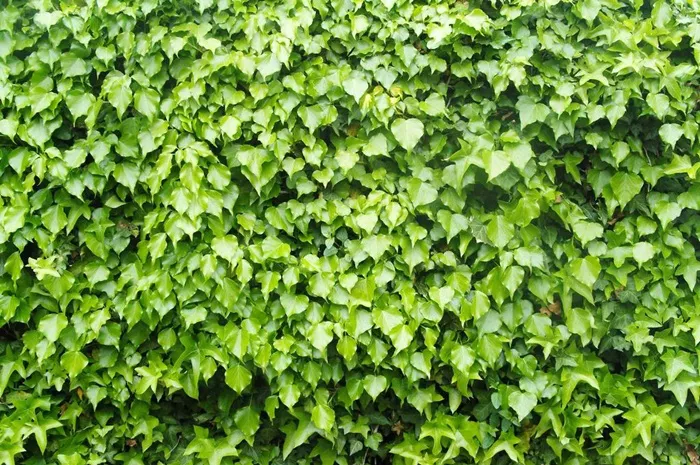English ivy is a popular and hardy plant that can flourish in gardens for many years. However, its vigorous growth requires careful management to prevent it from causing structural damage or encroaching on neighboring properties. A gardening expert has shared proven techniques to effectively eliminate this invasive plant.
Gena Lorainne, a gardening specialist at Fantastic Services, warns that simply pulling ivy away from walls is not enough due to its highly adhesive roots. She recommends the following methods for successful removal:
-
Root Removal
Once the ivy foliage has died back, carefully remove the clinging stems using a wire brush. If the ivy is growing on the ground, use a mattock or fork to dig it up and dispose of it in a different location. Alternatively, if the area does not need to be replanted, cut back all the top growth, cover the area with weed-control fabric, and add a layer of mulch 10 to 15 centimeters deep.
-
Weed Killer
While weed killer can be effective, it must be used with extreme caution to avoid harming nearby plants, according to the Express. Gena advises spraying lightly to prevent the herbicide from dripping off the leaves. For better absorption, crush or damage the ivy leaves slightly before applying the weed killer. Multiple applications may be necessary, so patience is key. Always apply weed killer during dry weather to ensure effectiveness.
-
White Vinegar
Gena suggests using a mixture of 80 percent water and 20 percent white vinegar as a natural alternative. She advises spraying the ivy plants while ensuring no other plants are harmed in the process. Observe the results after a few days, remove any dead ivy, and reapply the solution as needed. White vinegar, which contains acetic acid, is an effective tool for drying out the roots and killing unwanted plants.
As with chemical herbicides, the vinegar solution must be applied carefully to avoid damaging nearby plants. By following these expert-recommended methods, gardeners can effectively manage and eliminate English ivy, protecting their gardens and structures from potential harm.


